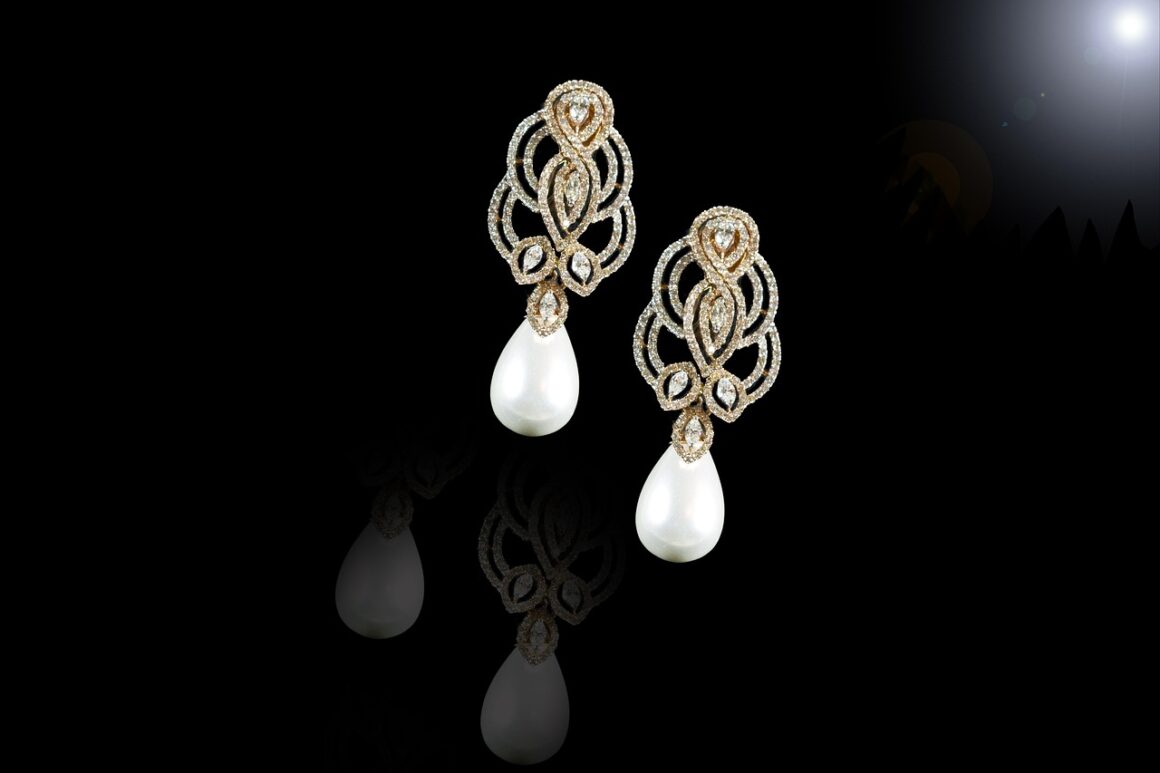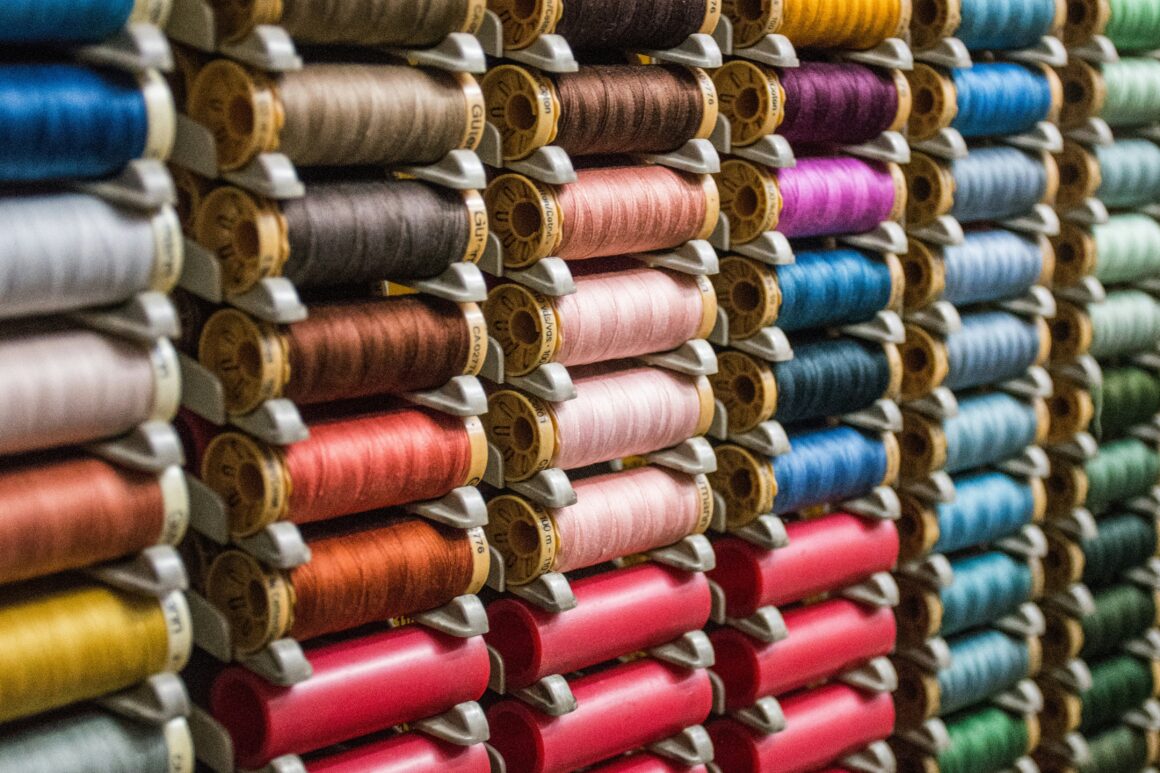“‘What makes the desert beautiful,’ said the little prince, ‘is that somewhere it hides a well…” (The Little Prince by Antoine de Saint-Exupéry) In a self-absorbed world quickly succumbing to addiction and obsession, oppression and aversion — it is easy to lose sight of the things that truly matter. Merely living for the sake of living, we often find ourselves counting days off the calendar, not quite knowing why; and in the blur of monotonous routines, counting blessings never once crosses our minds. “Gratitude” becomes a foreign word, and “happiness” seems like a long forgotten childhood dream, conjured up by false implications of what life would be like when we finally grew up. We become immune to the beauty that lies beyond what we presume to be a broken and battered world; neglecting to look past the cracks at what may very well be a second chance at hope.
Hope — a destination yearned by those who have felt pain and experienced loss. Despite all the thorns we may encounter in the wild forest this life seems to be, hope remains a flickering flame, lighting our path through it all. It’s a reliable friend, a steadfast presence offering its hand even when we carelessly push it away.
But what is it that drives us to turn away, to face the opposite direction with the tiniest bit of guilt fabricating like a weight in our chests for not choosing happiness over fear? Doubt — like a seed planted in the depths of the soil, it grows like poison, intoxicating and bowing us to its will. We become prisoners in our own minds, struggling to break free of the chains that bind us to its walls.
In the twenty-first century, a rapidly changing world unique unto itself, humanity surrenders itself to doubt, living amongst the shadows and struggling to survive, making life out to be a race against time; the goal to merely beat the odds and make it out alive. Tethered to this mentality, we become detached from enjoying the simple pleasures of everyday life, of what it means to be alive and breathing when so many do not have the luxury of doing so. We focus instead on the burdens that weigh us down — deadlines and appointments, wealth and consumption. What we neglect to understand is that these things are all temporary, meaningless when we’re left with just memories and regrets to keep us up at night.
Accustomed to bearing the weight of fleeting moments that just barely grazed our fingertips before bidding farewell, we forget to live in the now. We deprive ourselves of the very happiness we desire that knocks on our door day after day; so evident yet invisible.
An insight that’s been spoon-fed to us throughout the years is that all troubles eventually pass — nothing lasts forever. It’s not a foreign concept, nor an outdated one. Attar of Nishapur, a 12th-century Persian-Muslim poet, once wrote a fable in which a mighty king called upon three intellectual men, urging them to create for him a ring that would simply restore his happiness when he was sad. After much consideration to achieve the desired result, the men handed him a ring on which engraved words read, “This too shall pass.” Coming to the realization that in the grand scheme of things, a once broken heart will mend itself and the high tides will finally settle into a tranquil rhythm is the first step in guaranteeing a sturdy stepping stone to an optimistic outlook on our lives.
So how do we harness the beauty of this life when we are so weighed down by its devastation? In this pursuit for happiness, we need to realize that the little things will always matter more than the big things. Influenced by propaganda our whole lives, we’re taught to believe that consumption of material goods and the need to always have more is the only thing that will bring us peace — but that is completely and utterly false, a diversion so that we forget to focus on what we already have, ourselves and our loved ones.
Personal prosperity comes first and foremost — if we aren’t pleased with ourselves, how can we expect our lives to be any different? Relying entirely on other people to satisfy us isn’t enough — when there is a lack of self-love within a person, there’s also a lack of scope for mental growth in all matters. Yasmin Mogahed, an American-Egyptian author, wrote in her debut self-help book entitled Reclaim Your Heart: “Through my attachments, I was dependent on my relationships to fulfill my needs. I allowed those relationships to define my happiness or my sadness, my fulfillment or my emptiness, my security, and even my self-worth. And so, like the vase placed where it will inevitably fall, through those dependencies I set myself up for disappointment. I set myself up to be broken.” Learning to break free from our comfort zone is undoubtedly difficult, but it must be done if we’re to find the potential for greatness that lies in each one of us. If we’re to find the rose among thorns, we must be courageous enough to fight our way through the thickets.
The thirteenth-century Japanese priest Nichiren once said, “Burning the firewood of deluded impulses, we behold the flame of enlightened wisdom.” Inner peace arrives only when we learn to let go of the toxic ideals that hold us back — greed, hatred, and ignorance. Although these are normal human impulses, we have the power to control and contain them. When we actively work toward ridding ourselves of egotistical personalities and instead embracing empathy, we’re able to expand this instinctive self-love into something greater: love and tolerance for others.
Research conducted by Dr. Daniel G. Amen, a psychiatrist, author, and brain-imaging specialist, found that “performing acts of kindness creates positive changes in blood flow and activity in the brain.” One of the wonders of this world lies in its diversity — a marvel in itself. No one person is the same; every language and culture so intricately different and fascinating. No one personality is the same, each one unique to its name. Love does not discriminate — learning to respect one another results in a gradual change toward collective security and an accepting, embracing society.
Learning to be grateful appears to be a forgotten art entirely. We live life through what we perceive to be clear lenses, when in reality, they’re as stained and cracked as they come — which is why we often fall into the trap of counting burdens, versus blessings. It all comes down to perspective. If it weren’t for all the trials and tribulations we encountered, would we be the same people we are today? If it weren’t for all those that hurt us in the most unforgivable of ways, would the strength and patience to endure pain even exist?
The appreciation of the vast beauty this world has to offer is another lost art — how every sunset seems to be more wonderful than the next; how the branches of trees glimmer with evening dew; how the sea conducts an orchestra of its own, an entirely different world lying just below the surface. When was the last time we truly enjoyed any of these things — taking it all in, bathing in the golden-crimson glow of the setting sun or finding comfort in the sleepy murmur of the trees?
As long as our hearts are still beating, steady and pulsing in our chests; as long as our eyes are able to shed tears over the good and the bad; as long as the mountains hold the ends of this earth together; as long as the sun and the moon and the stars rise in the east and set in the west; as long the earth tilts on its axis — it is not the end. It is just an indication of the beauty of this battered world, that the darkness of night will precede the dawn and the sun will always rise again in the morning. We do not walk this path alone — for as the little prince says, there lies a well somewhere, a symbol of hope amidst the vastness of the desert.




